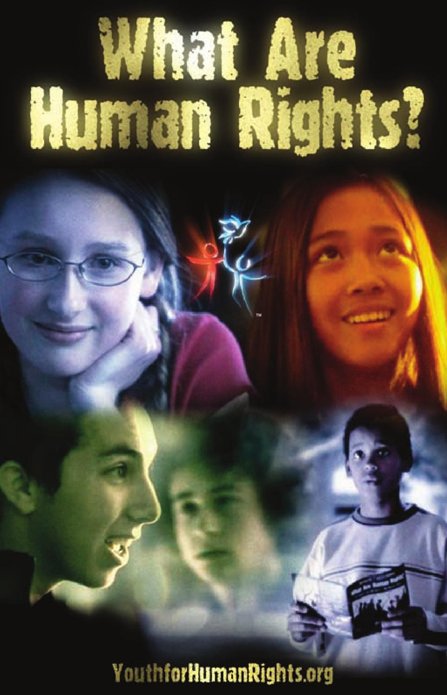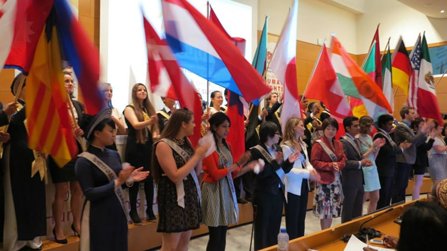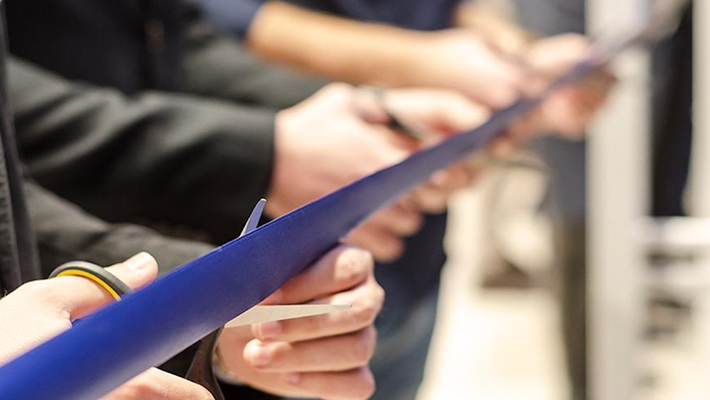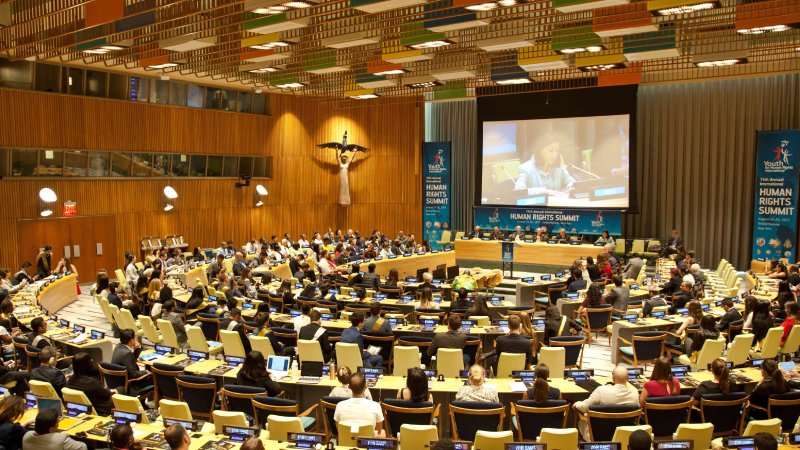
-
HOME
-
WHAT IS STANDOur Mission Our Values Our Help Contact
-
WHAT WE FIGHT FORReligious Freedom Religious Literacy Equality & Human Rights Inclusion & Respect Free Speech Responsible Journalism Corporate Accountability
-
RESOURCESExpert Studies Landmark Decisions White Papers FAQs David Miscavige Religious Freedom Resource Center Freedom of Religion & Human Rights Topic Index Priest-Penitent Privilege Islamophobia
-
HATE MONITORBiased Media Propagandists Hatemongers False Experts Hate Monitor Blog
-
NEWSROOMNews Media Watch Videos Blog
-
TAKE ACTIONCombat Hate & Discrimination Champion Freedom of Religion Demand Accountability
Scientology Taught Me Human Rights
Just recently I was scrolling idly through some Internet news when I came across a statement uttered by some C-list actress whose only gimmick for getting her face in front of a camera these days is attacking Scientology.

I never actually click on those headlines. I have been a Scientologist for over 30 years and know my religion pretty well, thank you. Scientology has changed my life for the better, and has given me tools to help others in many parts of the world.
I firmly believe that the worth of a human being is judged by how he or she affects his immediate environment, his family, his friends, his group, and—if he is lucky enough to reach out to many souls—mankind.
Your value to others is gauged by asking a simple question: are they elevated in mind and spirit after their interaction with you, or are they left upset, unhappy and troubled?
When this person attacks my religion—one that helps others so widely—she is not the kind of person who cares about others. She lies for personal gain, sows seeds of misunderstanding and intolerance, and leaves people feeling worse for having seen or heard her.
I cannot abide injustice, cruelty and abuse on any front. And through Scientology, I found the means and support to do something about these abuses.
I have traveled across the globe teaching human rights through a Scientology-supported program called Youth for Human Rights, a brilliant initiative designed to reach anyone, regardless of education level. It engages all ages with simple, powerful booklets and beautifully filmed public service announcements that bring each of the thirty human rights to life, and still bring tears to my eyes, though I have watched them hundreds of time.
There is something special about this human rights education; it changes the future. You can feel that change in the thrilling moment when a youth tells you he is so relieved to know his rights and, in the next breath, says: “I must teach them to others so that they may know their rights, too.”

My human rights treks have taken me to countries like Mongolia, the Philippines, Bangladesh and Morocco, to name a few. I have worked with members of national human rights commissions, university students, military and police personnel, activists and other individuals involved in bettering conditions for their communities and countries—all beautiful people seeking to make a difference. I consider every one of them a friend.
We have something in common, my friends and I. We feel better when others are happy.
There is something fundamentally spiritual about seeing another come to understand his human rights—that every human being is more than just a cog in society’s wheel, that each individual has the right to believe as he or she wishes, that our lives are our own, that we have the right to live them as we choose and that no one can interfere with these freedoms.
In the course of bringing happiness to others, one collects many indescribable moments—when the teenager in Mongolia realizes he has found the words for what he has felt for so long but couldn’t explain: that he is a human being who has the right to be treated with dignity and respect. This simple little booklet, entitled What are Human Rights? gave him the means to bring that gift to others. When he looks into my eyes with that relief and realization, we are forever connected by some profound understanding of who we truly are. I’ve collected many such magical memories.
There is something fundamentally spiritual about seeing another come to understand his human rights—that every human being is more than just a cog in society’s wheel, that each individual has the right to believe as he or she wishes, that our lives are our own, that we have the right to live them as we choose and that no one can interfere with these freedoms.
To understand human rights is to understand that each of us has the right to pursue our own brand of happiness, and that those who would deny us that right, whether through force and violence or slander and malicious lies, are lost souls incapable of introspection, who have forsaken the basic goodness that inspires people to treat others with love and respect.
I know that, if not for Scientology, I would feel something akin to hatred for such individuals. But because of my understanding of the human spirit and the recognition that while people do bad things they are still basically good, I am moved to feel compassion and a bit of sorrow for them for having buried that light within so deep. The irony is that the very thing they attack and seek to destroy is the one thing that allows me to still love them.









